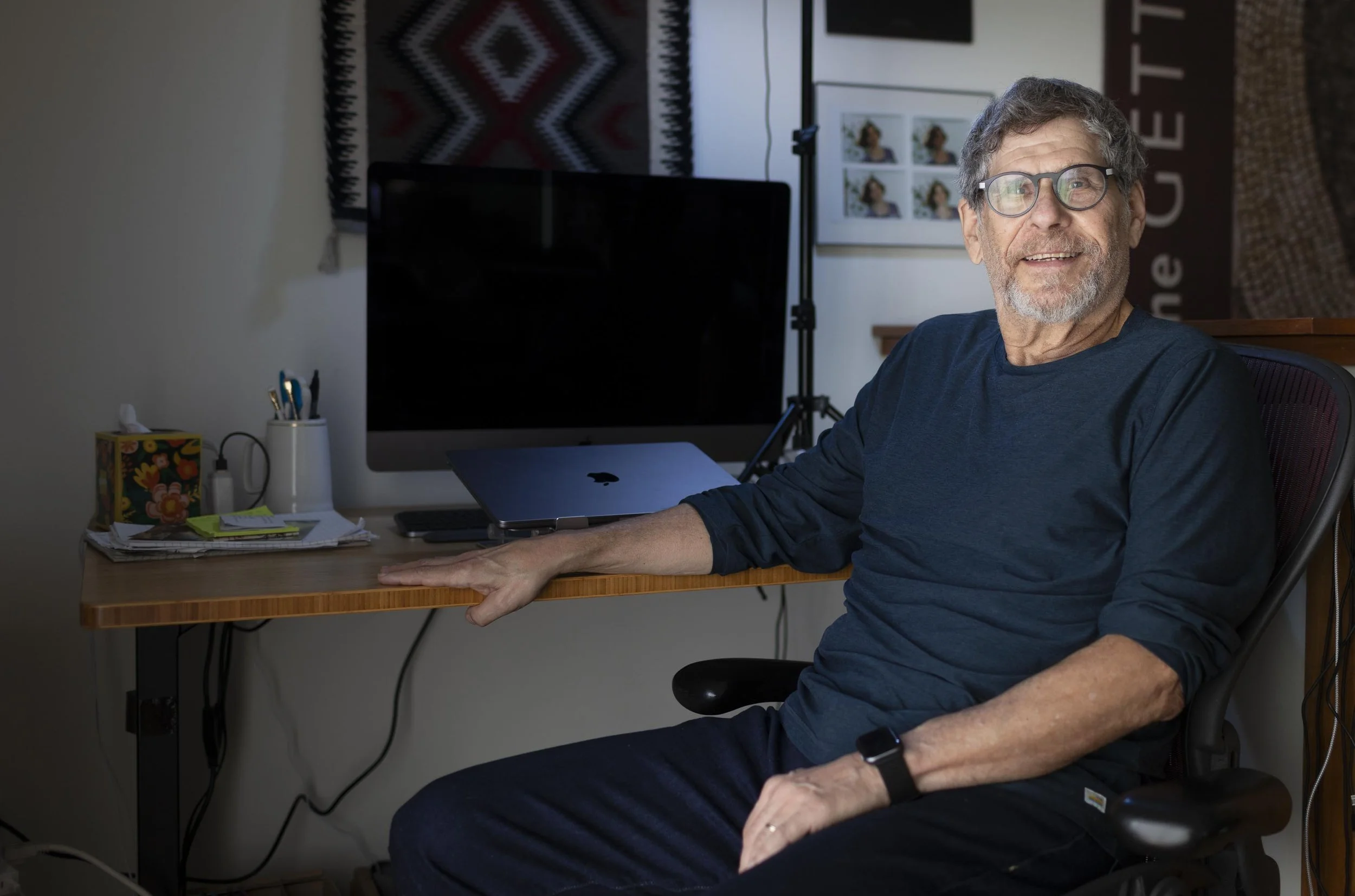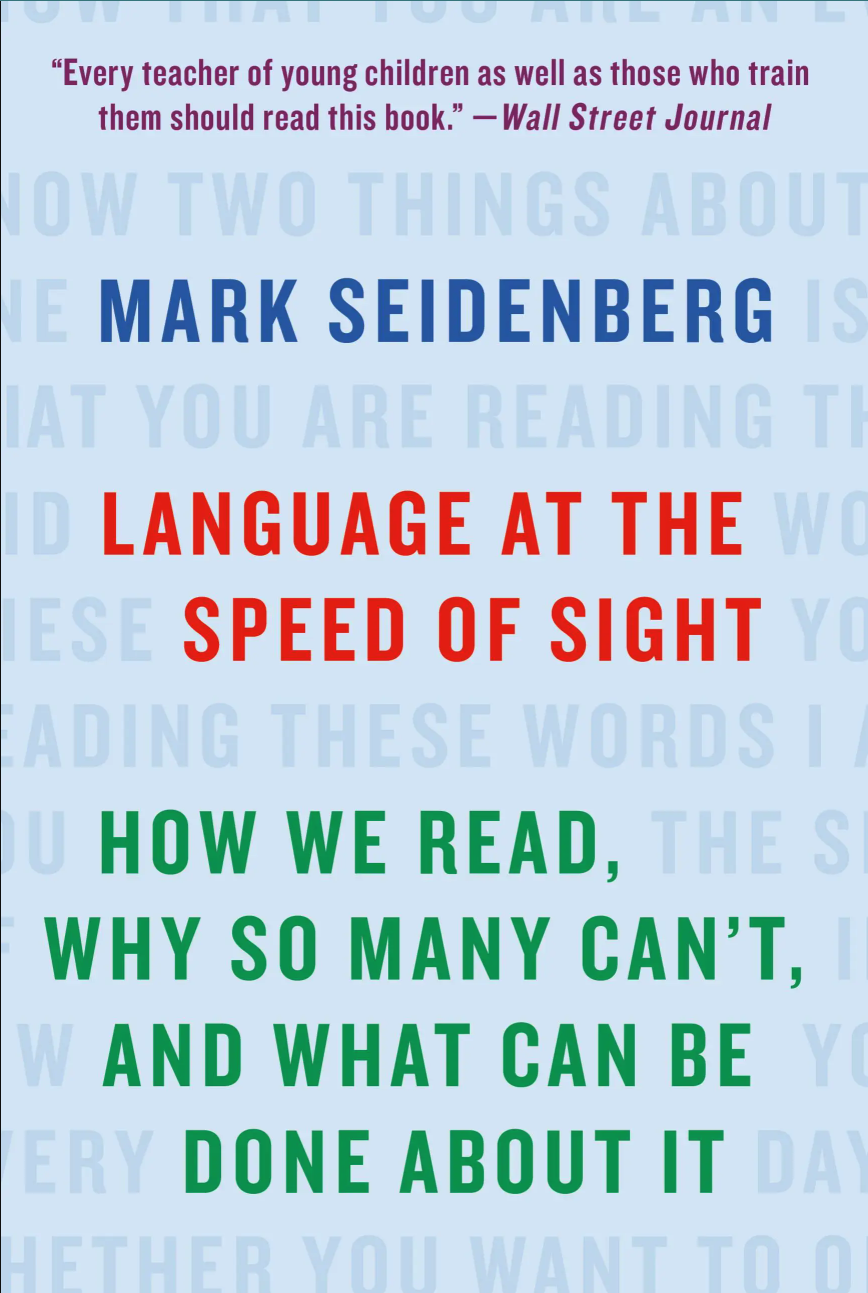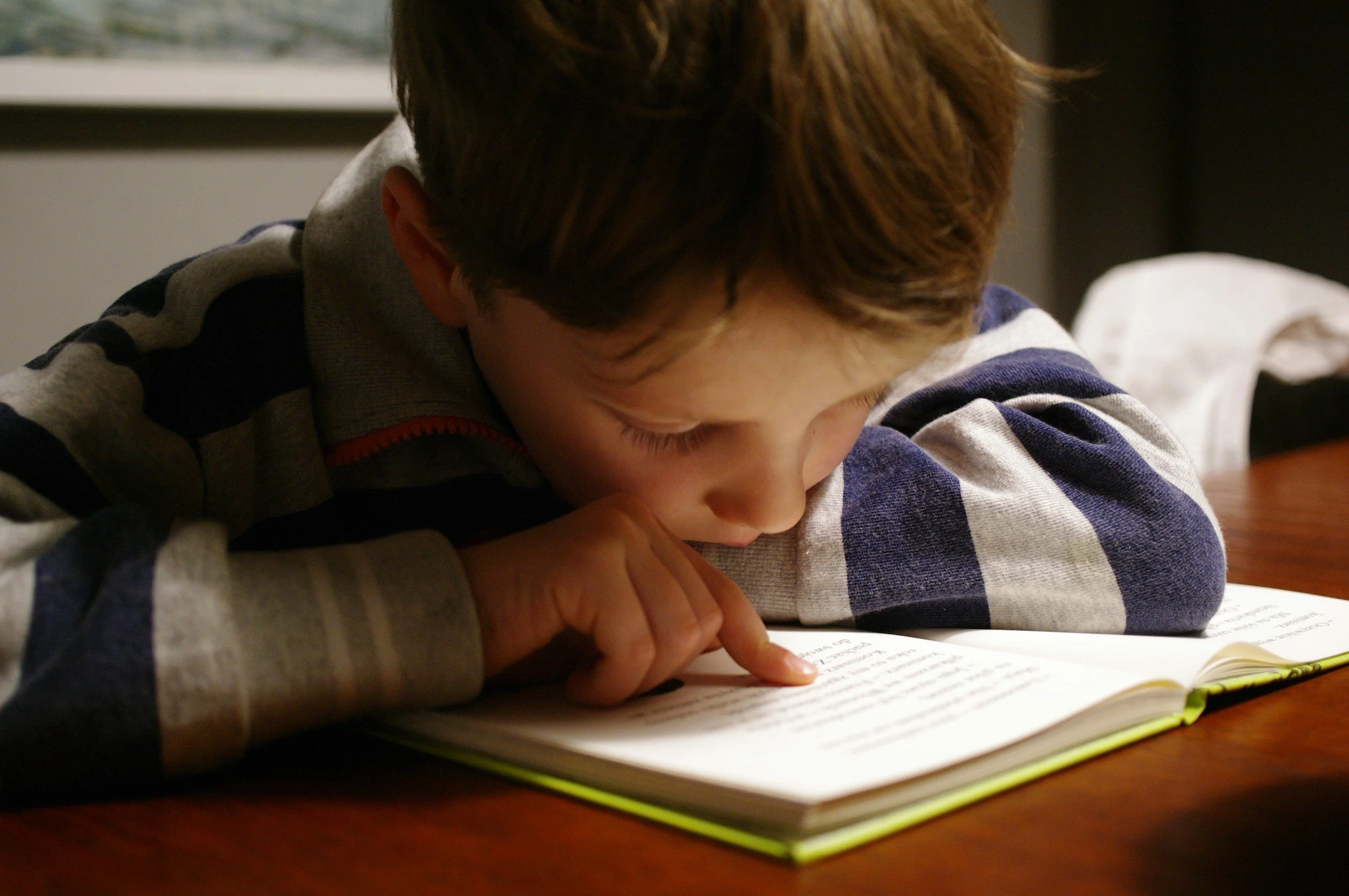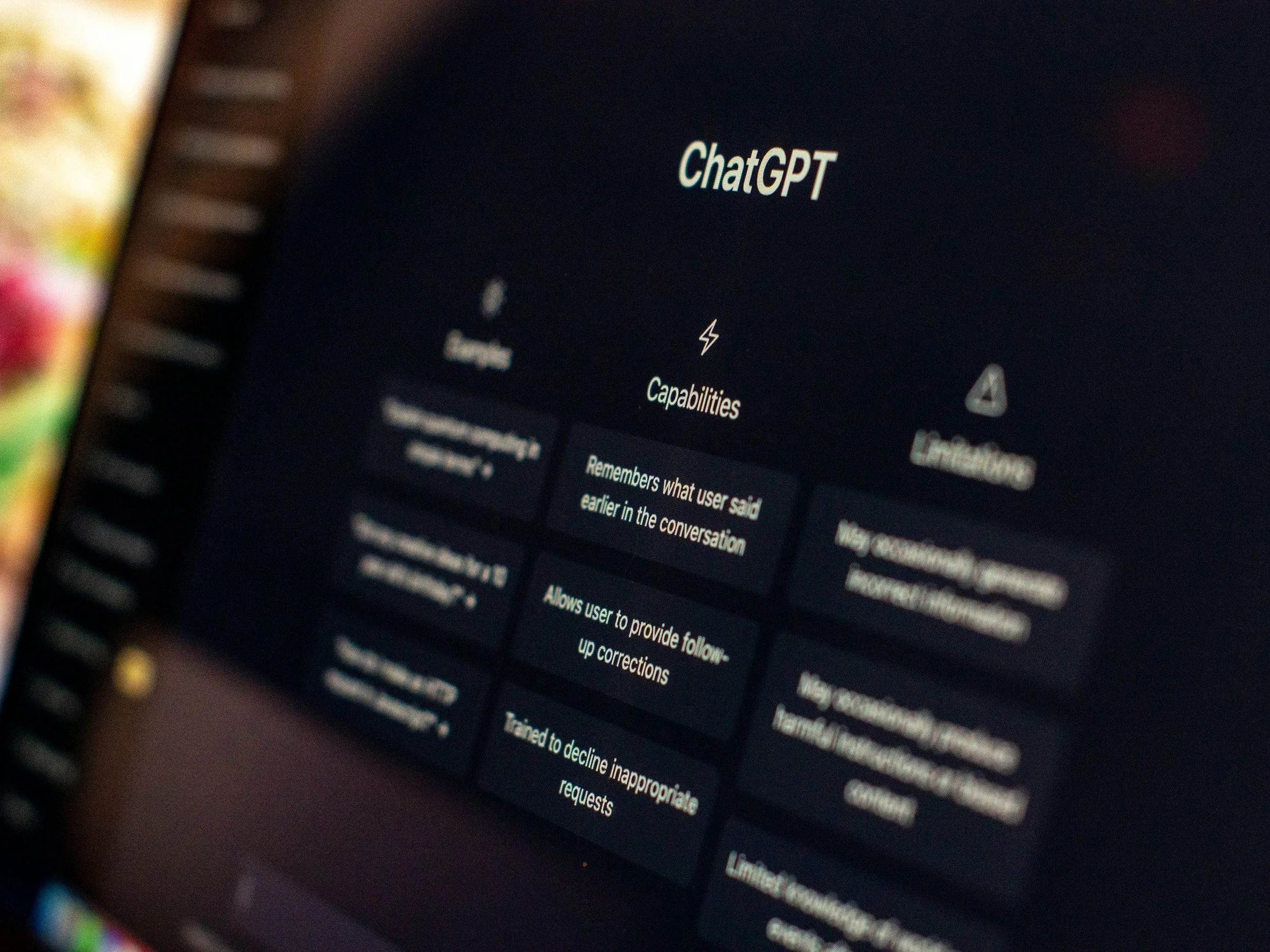
Connecting reading research and educational practice.
Hi, I’m Mark.
I’m a scientist who has studied reading, language, and learning for many years. I think we could be more successful in teaching children to read if we made better use of what has been learned from basic research; I’m trying to make that happen. I retired from my day job as a professor in the psychology department at the University of Wisconsin-Madison. I continue to write, comment, observe, prod, speak, and lobby for a better understanding of how reading works and child learn.
This is a new website and it’s still under construction!
This is my book.
The basic science of reading and its implications for instruction.
New edition coming early next year!
“Every teacher of young children as well as those who train them should read this book.”
- Wall Street Journal
Thoughts about science, reading, and “the science of reading”
My most recent blog posts about reading and education, and the “science of reading” approach. You can explore my entire blog archive here.









